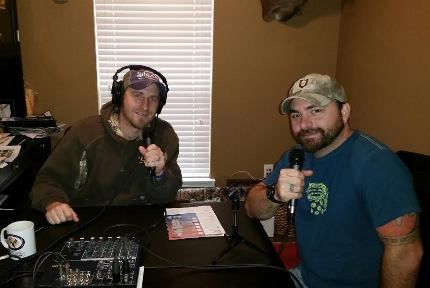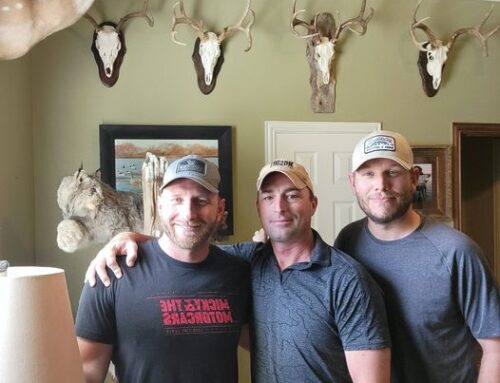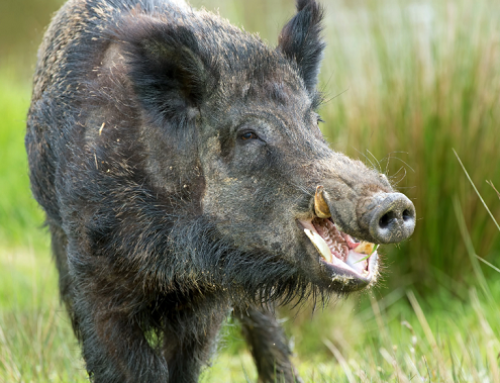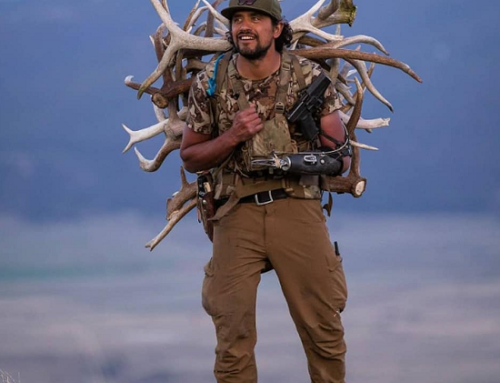Podcast: Play in new window | Download
Subscribe: RSS
We jump right into things this week when Ducks Unlimited’s Chief Conservation Officer Paul Schmidt joins us to discuss the 2014 Duck Stamp Act which was just passed through the Senate and now awaits the President’s signature. This act will raise the price of the annual Duck Stamp from $15 to $25. So a significant increase in price, but one that is long overdue. The last time the price of the stamp was raised was in 1991. With the ever increasing price of land- the purchasing power of the Duck Stamp’s revenue had significantly decreased.( For reference- the national average for a gallon of unleaded gasoline was $1.14 in 1991)
Enacted in 1934, the Federal Duck Stamp has raised over a billion dollars and conserved over 6 million acres – it’s time hunters stepped up once again. It’s painfully obvious that the anti hunters have no intention of doing so. Paul breaks it down for us and explains where the money goes and what percentage goes directly back into conservation. (2014 Duck Stamp- the last of the $15 variety)
Next, a real treat when former U.S. Navy SEAL, survival skills expert and contributing writer for Field & Stream Magazine- Nick Hays joins is live in studio. His recent piece titled ‘Post Plunge Protocol’, offers insight on what steps to take should an accident occur while on the water during the cold weather months of the year. Whether you’re duck hunting or fishing, falling overboard or going in over your waders can result in very serious situations that require quick thinking. Nick tells us what do in each situation. Sometimes accidents happen and it’s imperative that we are armed with the knowledge that could save our own lives or that of a hunting/fishing buddy.
We wrap things up by talking hunting dogs with our friend and dog trainer Angie Becker of Tioga Retrievers. This is also the time of the year where we ask the most of our 4 legged hunting companions. From breaking through a sheet of ice to fetch a duck, crashing into a briar patch to retrieve a winged pheasant or any other job that they are asked to do…And they gladly answer the call again and again. But what about pushing your dog to hard, to the point where it is a detriment to their well being? It’s important to know your dog’s limits. Angie also offers some tips on in the field veterinarian care and how to hunt your retriever in extreme freezing conditions. Belle got dinged up earlier this season and had to sit a few hunts out:









